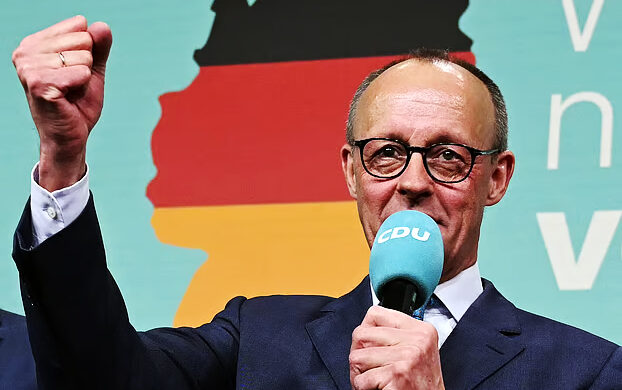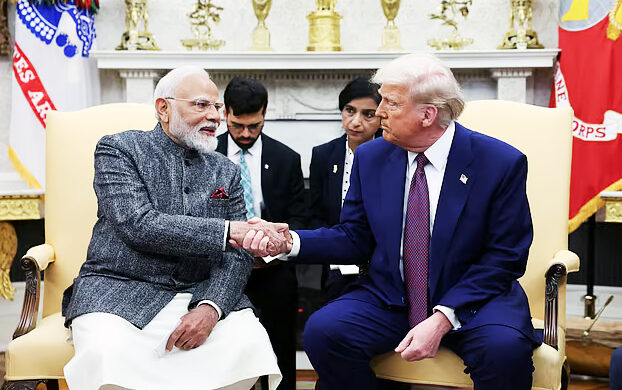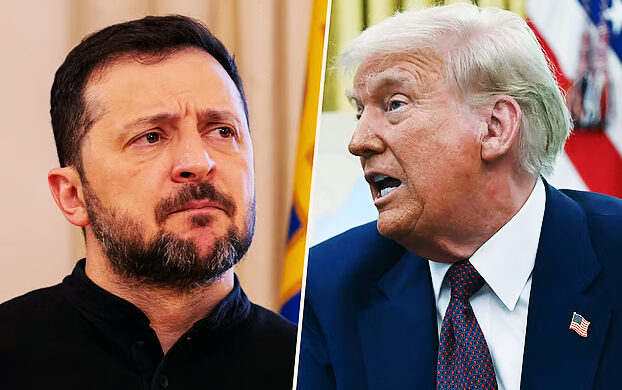On Wednesday, Ukraine took a significant step by stopping the flow of natural gas from Russia to Europe, a move that resulted from Kyiv’s refusal to renew an agreement that allowed the transit of Russian gas through its territory.
This shutdown of a transnational pipeline that had been transporting Soviet and Russian gas to Europe for almost sixty years is part of Ukraine’s broader strategy, supported by its Western allies, to weaken Russia’s ability to fund its war effort. It also aims to reduce the Kremlin’s leverage over Europe through energy supplies.
Ukraine’s Energy Minister, Herman, called this a “historic event,” stressing that Russia would face financial losses as a result of the halted gas flow. President Volodymyr Zelensky had previously vowed to shut down the pipeline, despite the possibility of retaliation from countries such as Slovakia and Hungary, both of which rely heavily on Russian gas.
Russian energy giant Gazprom confirmed the shutdown, stating that gas shipments from Siberia to Europe through the Ukrainian pipeline had ceased.
Before this latest disruption, European consumption of Russian gas had already dropped significantly, largely due to Russia’s invasion of Ukraine nearly three years ago. Gas volumes through the Ukrainian pipeline had decreased to about a quarter of what they were before the war.
Countries like Austria, Hungary, Slovakia, and several Balkan states continue to depend on Russian gas flowing through Ukraine. However, experts suggest that existing gas storage reserves and alternative energy supplies should prevent immediate disruptions to electricity and heating in these regions.
Moldova, however, faces a more serious situation. The country declared a state of emergency in December due to concerns that halting the flow of Russian gas through Ukraine would jeopardize the operation of a gas-powered plant in the Russian-speaking Transnistria region. Additionally, Gazprom has warned Moldova that it would halt gas deliveries from January 1 due to unpaid bills, further intensifying the situation.
Transnistria, a region within Moldova, declared itself independent after the Soviet Union collapsed in 1991, and it has received support from Russia ever since.
This situation is still unfolding.

















